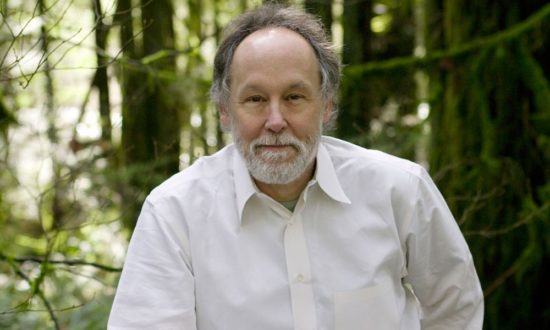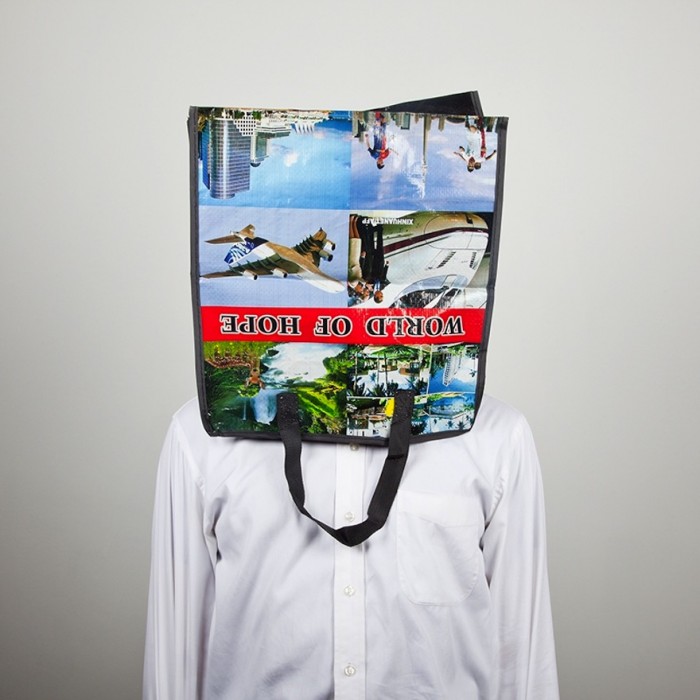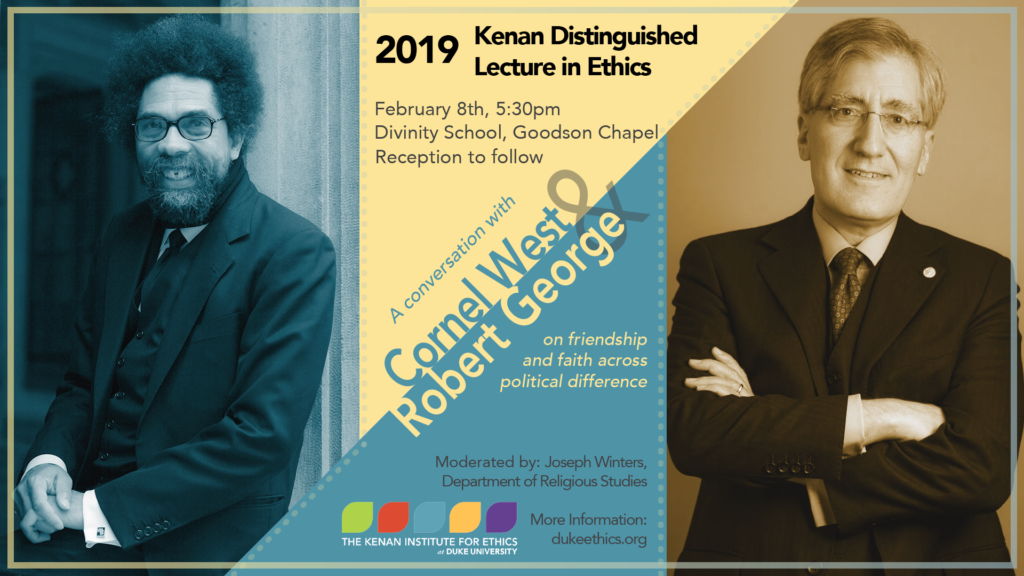
Not so long ago, jobs came with a bundle of economic advantages beyond a paycheck. Those advantages included health insurance for you and your family and a pension or post-retirement paycheck based on your years with your employer and how much you’d been paid.
While already a vestige of days past, my job at a municipally-owned utility a little over a decade ago came with family health benefits, a matching 401(k) plan, a pension that vested after 5 years of employment, and days off for a raft of holidays including Flag Day.
That job also included additional economic benefits that I didn’t appreciate enough at the time such as the creditworthiness of my regular salary, continuous training to bolster old skills and develop new ones, regular contributions to Social Security for additional retirement security, unemployment compensation if I ever lost my job, and the stability and continuing enrichment of that job for as long as I had it.
Today, in many of our full-time jobs and nearly all of our part-time ones, between some and all of this bundle of protections and benefits has disappeared.
It is hard to overstate the significance of this unbundling.
Jacob Hacker, a political science professor at Yale calls it a shift of economic risk in his new book The Great Risk Shift: The New Economic Insecurity and the Decline of the American Dream. Hacker argues that the loss of this financial cushion around our work tests our economic resilience whenever unexpected burdens arise.
In the 50 years following the Great Depression, both employers and the government insulated workers from many of the economic risks they might confront when they weren’t working. By contrast, from the 1980s and continuing through today, there has been:
a massive transfer of risk from broad structures of insurance, including those sponsored by the corporate sector as well as the government, onto the fragile balance sheets of American families. This shift has fundamentally reshaped Americans’ relationships with their government, their employers and each other. And it has altered and sometimes dashed the most fundamental expectations associated with the American Dream: a stable middleclass income, an affordable place to live, a guaranteed pension, good health insurance coverage, greater economic security for one’s kids.
As a result of this sea change, the American worker is increasingly on his or her own when confronting whatever comes next, like sudden illness or loss of a job.
Writing this week in the New York Times, Hacker talked about how this “risk shift” is impacting the run-up to the next presidential election, particularly the fact that so many Americans feel insecure.
They may be doing well at the moment, but they fear that, however high they are on the economic ladder, a single bad step or bad event could cause them to slip. A booming economy hasn’t quieted these concerns, because insecurity remains a huge and growing problem in ways that voters and candidates instinctively get, but the sunny job numbers largely hide.
Of course, this insecurity affects not only workers but also the ability of their families, their communities and the country as a whole to flourish—an impact that I discussed a few weeks ago in the post “The Social Contract Around Our Work Is Broken.”
As more of us are “on our own” shouldering the economic risks that employers and the government once protected us from, it has become an increasingly important priority to re-bundle new versions of the benefits and protections that have been lost around working in America.
The leading edge of these rebundling efforts are perhaps most visible when it comes to the gig-economy workers who are striving to build a stable and dependable “living” out of a series of independent-contractor jobs both large and small.
As I argued last week, technological advances involving blockchain, digital currencies, on-line exchanges and markets are promising to make it possible for independent workers to preserve existing income streams while gaining new (and unexpected) ones. The needs of this growing number of gig-economy workers are stimulating efforts to re-bundle some of those traditional insulators around their work. Fortunately, these same innovations will also help to meet the needs of every insecure worker who is trying to get by in a job with few, if any, of the traditional benefits and protections.
1. Getting Paid for Jobs Both Big and Small
One of the most tantalizing possibilities of a future enabled by blockchain and digital currencies is that we could all get paid for time and effort we currently give away for free. Last week I mentioned a few of them, like providing traffic information to news outlets about roads we are already driving on at rush hour or being paid by a social media platform whenever we encourage the conversation there. I also mentioned the current backlash from the banking industry to the rise of on-line exchanges that will facilitate these payments. Part of it is an old guy-new guy turf war.
Over the past week, I’ve come upon some additional information about the hurdle that stands in the way of more seamless payments for a succession of small and big jobs. David Galbraith is a partner at Anthemis, a company seeking creative opportunities between the start-ups and financial institutions that are dedicated to reinventing financial services for the digital marketplace. In a recent interview, Galbraith remarked on the fundamental differences between on-line platforms that cater to consumers in America and their counterpart platforms in China.
In America, digital platforms like Google and Facebook are supported by advertising revenues while in China a platform’s revenue streams come directly from consumers when they buy something they’ve seen there. In other words, the payments process in China is simplified by removing advertising from the business model. Another difference is that Chinese consumers pay for consumer goods with their bank account balances, while American platforms interpose financial intermediaries like PayPal or bank-owned credit card companies that stand between the tech platforms and consumers. As Galbraith observes, the transactions costs are lower in China, “friction is taken out of the system,” and purchases are completed in a “fundamentally more fluid fashion” on the smartphones of Chinese consumers without prompting by a blizzard of ads.
When the inefficiencies imposed by banks and an advertising-based model are removed from the digital “payments system” in America, payments to gig economy workers for big and small increments of work will also be facilitated—making these new jobs more robust. At the most basic level, these changes in how we get paid will support the ways that many of us are working now and even more of us will be working tomorrow.
2. Anxiety About Retirement
When it comes to re-bundling benefits and protections around workers, none may be more significant than retirement security.
A recent article called “Why Work Has Failed Us: Because No One Can Afford to Retire Anymore” provides statistics that indicate how much the “shift in risk” from pensions to “figure out your own retirement” has impacted American workers:
66% of millennials have nothing saved for retirement. Among the working-age families that have retirement savings, the median balance is $5,000, according to the most recent data available from the Economic Policy Institute. For families approaching retirement, the median savings is $21,000–after taxes, on its own, enough to last a couple a little more than a year living at the federal poverty line.
At the same time, the enormity of these unfunded liabilities—how will all of these people with limited retirement savings support themselves?—presents a corresponding opportunity for entrepreneurs who want to help workers regain at least some of their retirement-related security. In the same interview where he discussed digital payment innovations, David Galbraith also considered the enormity of the opportunity for the new fin-tech companies that are trying to meet this need.
[R]etirement is the biggest [risk] shift anyone can possibly imagine. To put a number on it — the committed pension liability shortfalls in developing nations are 450 trillion dollars. That’s half a quadrillion dollars. So when people talk about billion dollar market opportunities — this is a half a quadrillion dollar shift in money.
Of course, no one has found a feasible way to fill the deficit for those who have nothing to retire on today, but there is opportunity in providing expertise to workers who have at least some retirement savings.
Most of us don’t know how to take what we have today and marshal it to cover uncertainties like how much income we’ll need to live after we retire, how long we’re likely to live, what Social Security elections we should make, and how much medical care we’ll need along the way. This is where a new company like Kindur comes in, according to Galbraith.
Kindur helps workers create retirement portfolios that minimize their tax burdens while ensuring that the money they do have for retirement lasts as long as possible. Unlike investment advisors who charge commissions to maximize your savings, Kindur utilizes its on-line platform and need assessment programming to help individuals design their future income. There has never been a web-based service like this before. As the company’s tagline says: “It’s like fuel efficiency for your retirement.”
Kindur isn’t the only fin-tech company that is aiming to provide more comfort (or bundling) around worker retirement. This article from the New York Times last December discusses some of the others.
For a rising gig-economy workforce and the traditional workers who are seeking supplemental income and greater autonomy in the gig economy, the empowerment of acting in more entrepreneurial ways is easily undermined by retirement anxieties. Today, both traditional advocates and new companies are finding other ways to calm those anxieties too.

3. Additional Protections and Benefits for Today’s Workforce
With the exception of supporting teachers in several high-profile confrontations with school districts and state funders recently, labor unions’ ability to protect workers in “union shops” seem to have lost much of their influence over economic decision-makers. They’ve also had a spotty record protecting their members’ bundled benefits and protections over the past 35 years. But while continuing to be the obvious champions for workers pitted against corporate profit taking, as the ways we work evolve, organized labor has other important roles to play in benefiting its changing membership.
Workers no longer stay in one locality with one employer for the course of their careers like they once did. Moreover, the average worker today takes on several different kinds of jobs. In this new world of work, services to meet these realities are desperately needed by the rank-and-file.
For example, unions could help their memberships “vote with their feet” when unbundled jobs no longer support them while providing assistance with “reskilling” when needed, help in finding new work, and housing in the new communities. Moreover, if unions were already providing these services in a tight labor market like we have today, their negotiating power with employers who are reluctant to lose workers would be enhanced significantly.
As Nicholas Colin writes in his thoughtful new book about the future of work called Hedge: A Greater Safety Net for the Entrepreneurial Age:
[I]t’s time we imagine unions that support workers as they switch jobs, unions that would provide their members with all of the resources necessary to find inspiration (“What should I do?”), train (“How can I acquire new skills?”), find a new employer (“When do I start?”), relocate (“I need an affordable house close to my new workplace”).
Labor unions should be key contributors to a re-bundled workforce in traditional companies as well as in the new gig-economy as free-lancers, for example, unionize to protect themselves.
The tremendous need among workers that has been created by the unbundling of jobs has also spelled opportunity for new service providers beyond the need for a more secure retirement. Take a company like Portify that aims to help independent workers in the gig economy who are unable to obtain affordable credit without “a regular salary” and an employment contract.
Portify is currently in the beta-phase of providing financing to independent workers whose only source today is a payday loan charging an exorbitant interest rate. With access to information about its customers’ cash flows and bank accounts, Portify is able to understand what its customers can afford to borrow and to make loans at a substantially lower rate than payday lenders. By doing so, it will provide gig economy workers with the ability to finance growth opportunities so that a succession of smaller jobs can eventually add up to a sustainable and profitable business.
Another promising start-up is Dublin-based Trezeo, which is “an income-smoothing service” for self-employed people. The company calculates its clients’ average weekly income. If that income dips because a client takes a day off or someone doesn’t pay them for their work, Trezeo “tops them up to” their average income with the understanding that it will be paid back when the client is paid again. A service like Trezeo’s allows workers to maintain a steady quality of life–some of that bundling again–despite the ups and downs of gig-economy work.
Finally, Zego is a new company that provides gig economy workers with flexible insurance. For example, if you occasionally drive for Uber, you may not earn enough to afford the additional monthly or annual car insurance coverage that you should have.
To meet this problem, Zego sells insurance by the hour. For drivers, it utilizes an app to collect data about how often they are working and where they are driving that helps it to assess their insurance risks and issue coverage more affordably. Moreover, without a product like Zego’s, independent workers could be put out of business by a single workplace loss that they are unable to cover. A start-up company like this bundles these workers in greater risk protections than were available before.
+ + +
The upside of entrepreneurial, gig-economy jobs is that they promise greater autonomy, flexibility and self-fulfillment, but these work rewards can never be realized when the jobs themselves are laced with insecurity.
The bundling of benefits and protections around these new jobs (and their re-bundling around traditional jobs) promises to reduce more of that insecurity for millions of workers.
Instead of giving up in the face of growing income inequality and job-killing automation, there are thinkers, writers and entrepreneurs who are more hopeful about the future of work because they acknowledge their own and other people’s agency to build a future where workers, their families and communities can flourish again.
Slowly but surely, that hopeful future is being built by the re-bundlers of work today.
This post was adapted from my May 26, 2019 newsletter. When you subscribe, a new newsletter/post will be delivered to your inbox every Sunday morning.











